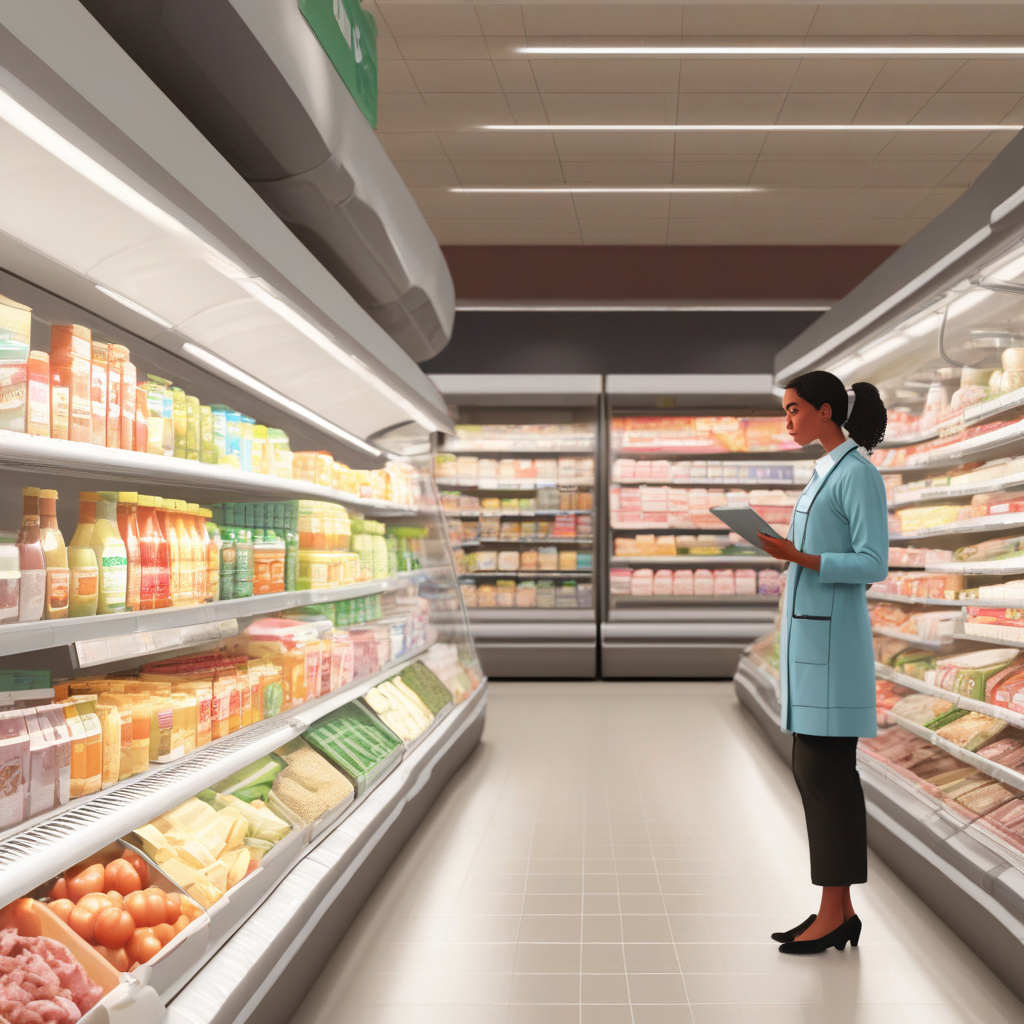Why Supermarkets Shouldn’t Rely on Changing Refrigerant Regulations
In the world of supermarkets and grocery stores, refrigeration is a critical component of operations. It keeps food fresh, preserves perishable items, and maintains a safe environment for both customers and employees. However, the refrigerants commonly used in these systems have come under scrutiny due to their harmful impact on the environment.
The phaseout of hydrofluorocarbons (HFCs) has been a hot topic in recent years, with regulations becoming stricter to combat climate change. As a result, many businesses are facing pressure to transition to more sustainable refrigeration alternatives. While some may view this as an inconvenience, forward-thinking supermarkets are taking the initiative to embrace environmentally friendly solutions, such as CO₂ refrigeration, ahead of regulatory changes.
One of the main reasons why supermarkets shouldn’t rely solely on changing refrigerant regulations is the unpredictability of the regulatory landscape. As governments around the world continue to tighten restrictions on HFCs and other harmful refrigerants, businesses that are unprepared may face challenges in complying with new laws. By proactively adopting CO₂ refrigeration systems, supermarkets can future-proof their operations and avoid potential disruptions caused by changing regulations.
Furthermore, CO₂ refrigeration offers numerous benefits beyond environmental sustainability. These systems are known for their energy efficiency, which can lead to cost savings for supermarkets in the long run. By reducing energy consumption, businesses can lower their utility bills and improve their bottom line while also reducing their carbon footprint.
In addition to being cost-effective, CO₂ refrigeration systems are also more reliable and require less maintenance than traditional HFC systems. This means that supermarkets can enjoy increased system uptime and reduced downtime due to repairs, ultimately providing a better shopping experience for customers.
Moreover, the adoption of CO₂ refrigeration can also enhance a supermarket’s brand image and reputation. In today’s environmentally conscious society, consumers are increasingly looking to support businesses that prioritize sustainability and eco-friendly practices. By investing in CO₂ refrigeration technology, supermarkets can demonstrate their commitment to reducing greenhouse gas emissions and protecting the planet, which can help attract and retain environmentally conscious customers.
A prime example of a supermarket that has successfully transitioned to CO₂ refrigeration is the European chain, METRO AG. By implementing this innovative technology across its stores, METRO AG has not only reduced its environmental impact but has also set a positive example for the industry as a whole. Other supermarkets can look to METRO AG as a case study in sustainable refrigeration practices and strive to follow in their footsteps.
In conclusion, the shift towards sustainable refrigeration solutions is not just a response to changing regulations; it is a strategic business decision that can benefit supermarkets in multiple ways. By embracing CO₂ refrigeration now, businesses can stay ahead of the curve, save on costs, improve reliability, and enhance their brand image. Ultimately, the choice to adopt environmentally friendly refrigeration technology is not just about compliance – it’s about building a more sustainable future for the planet and for the grocery industry as a whole.
CO₂ refrigeration, sustainable solutions, supermarket operations, environmentally friendly practices, METRO AG
